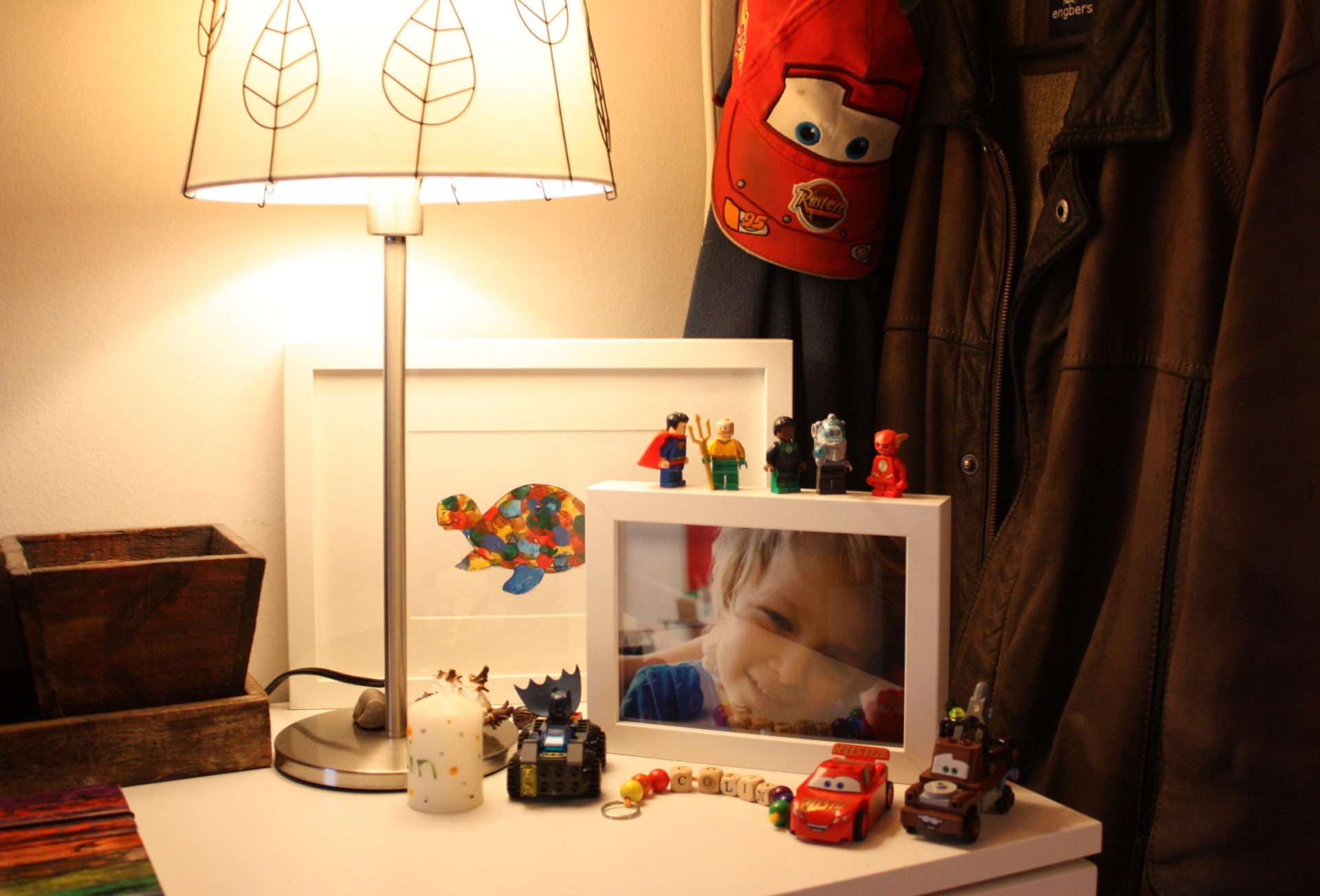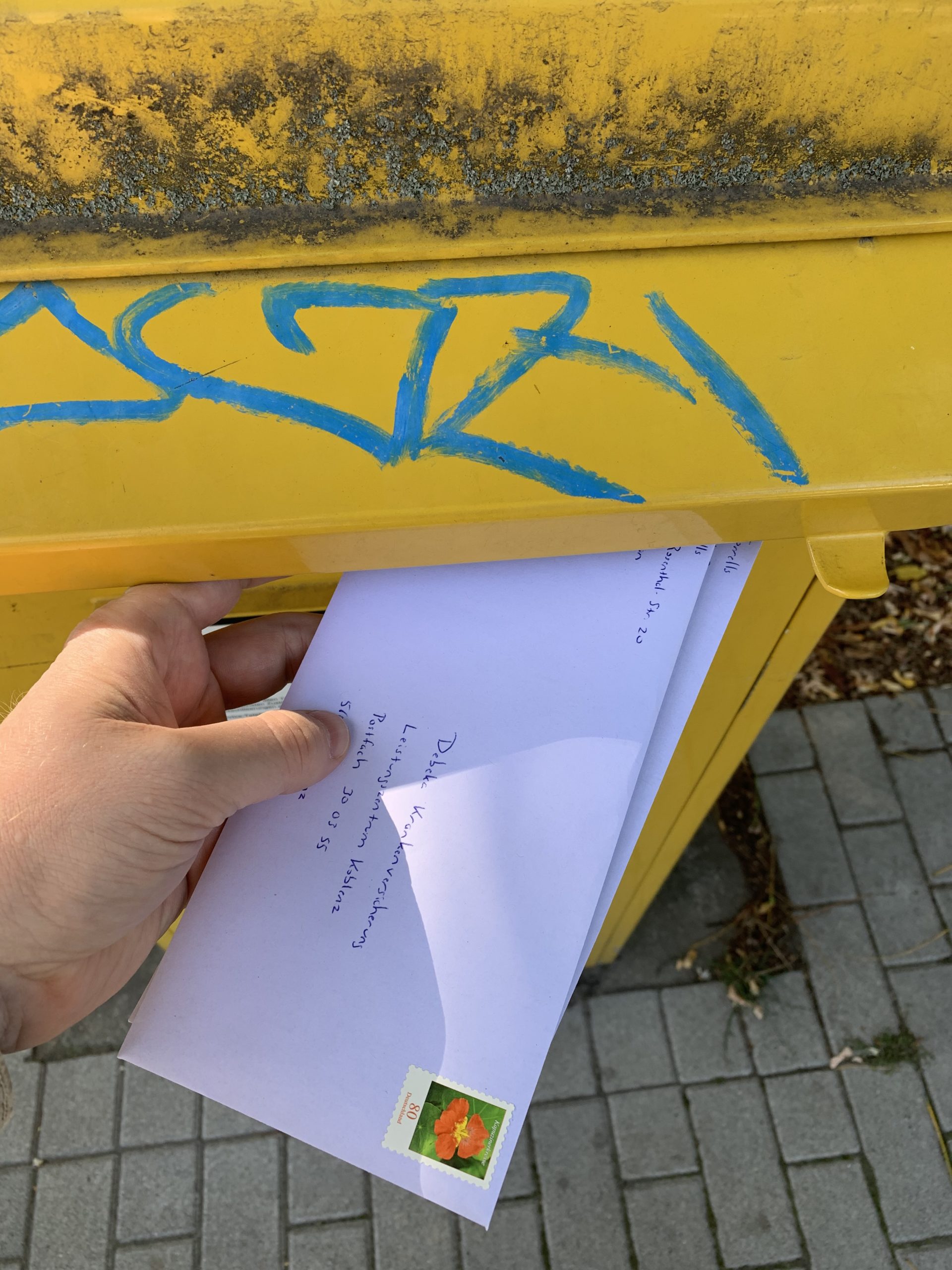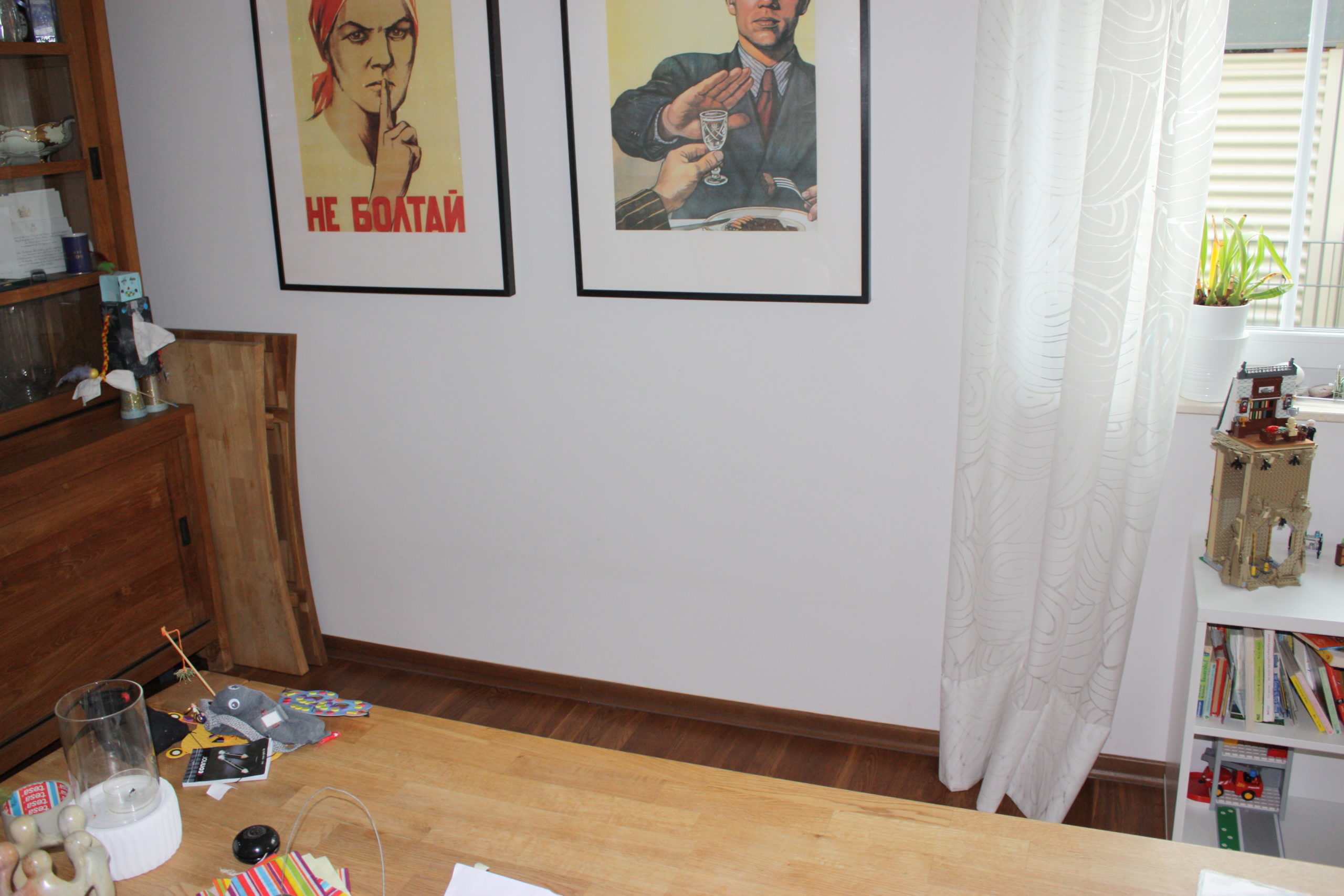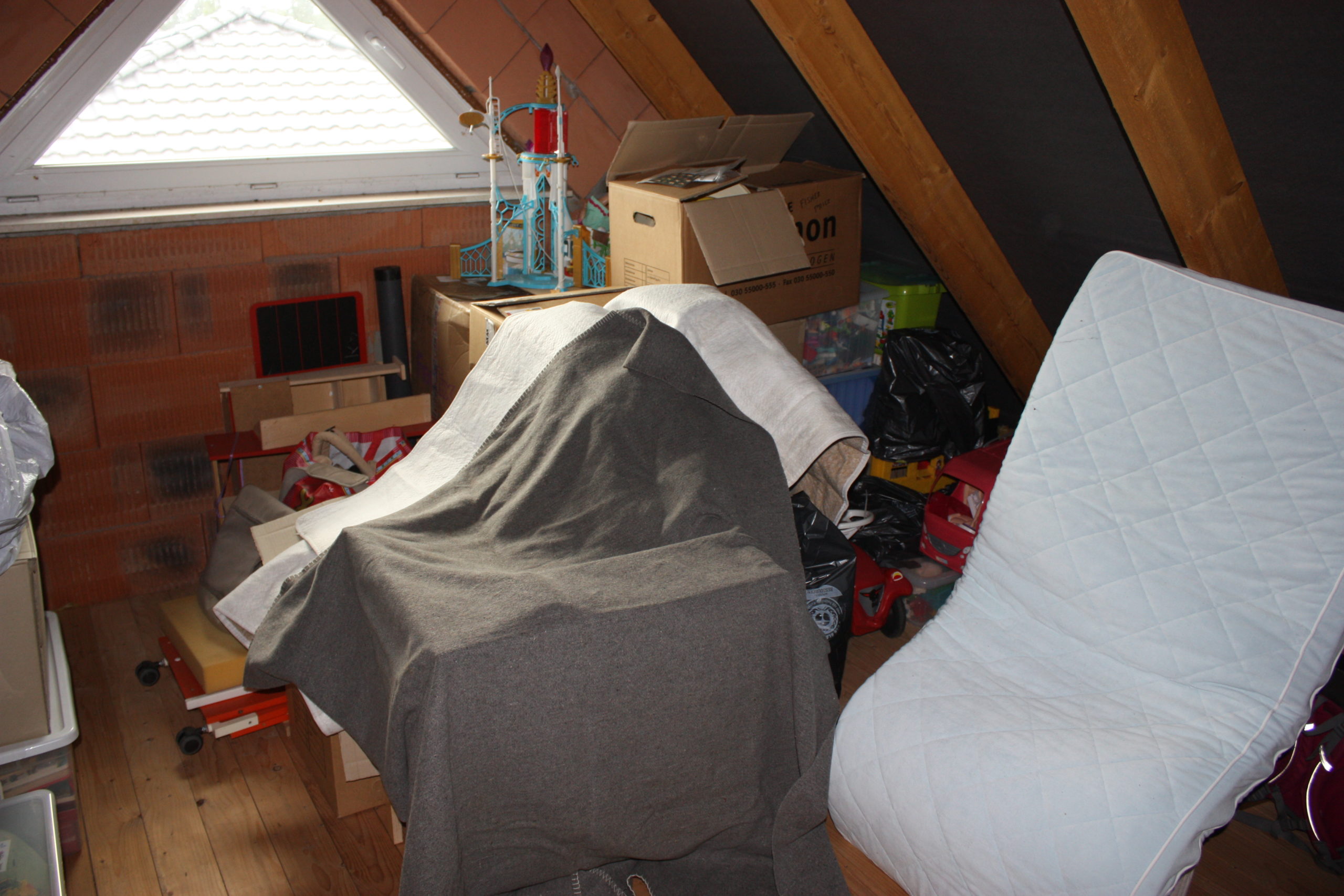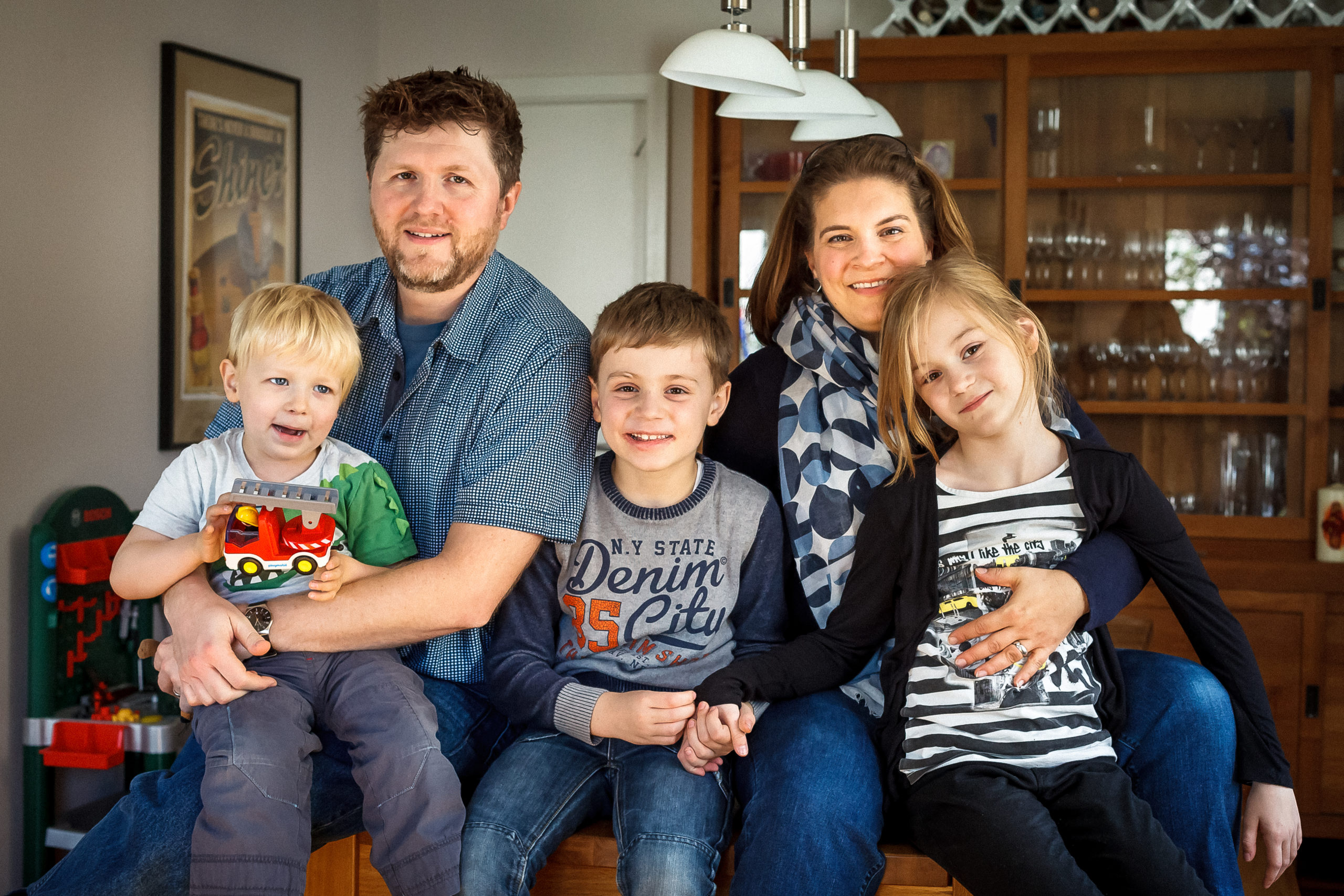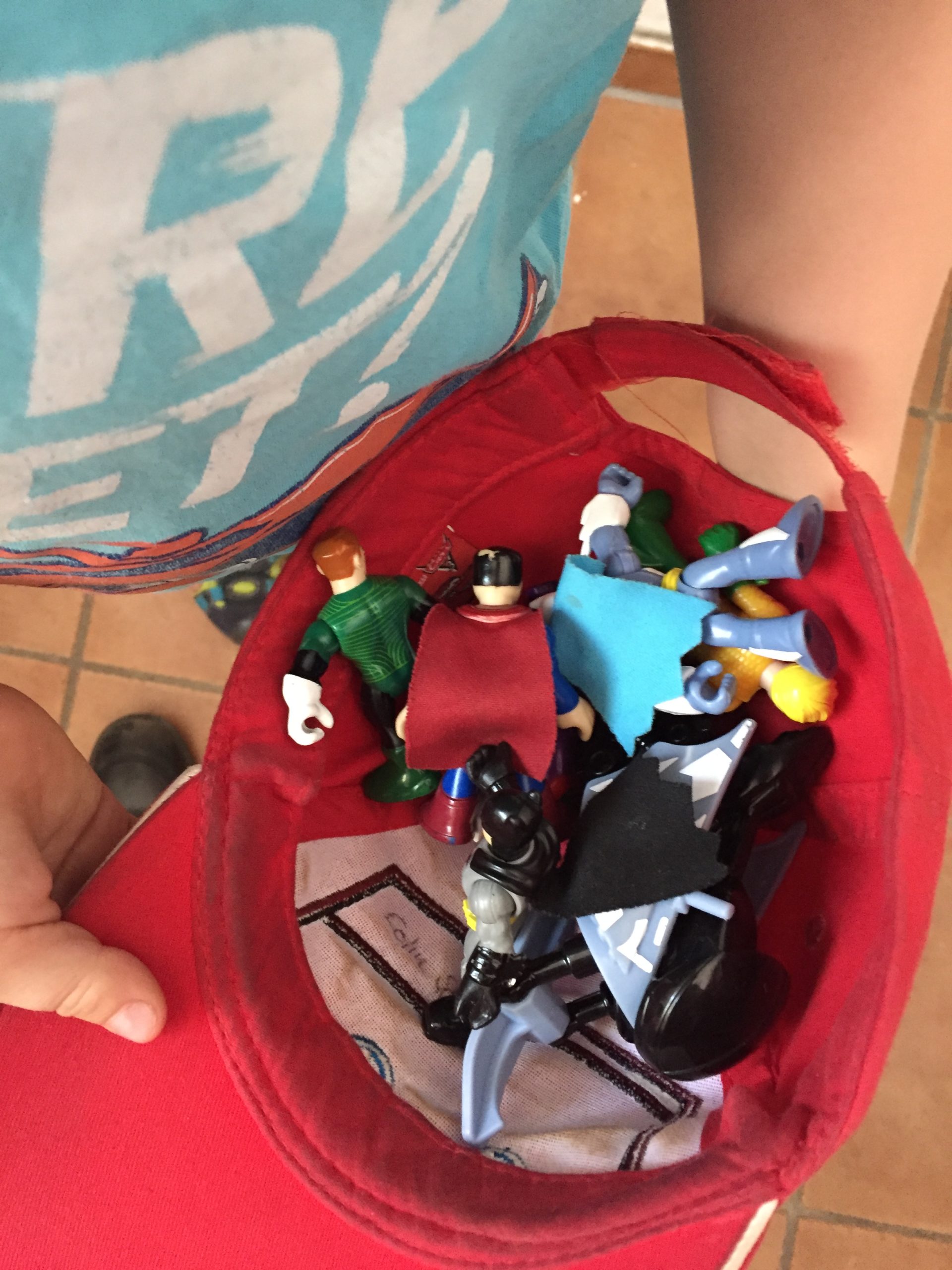I did something yesterday I haven’t done since returning to work. I refused a story.
I’d warned people this might happen. I’d asked colleagues to try to shield me from having to edit stories about dead children or cancer. But I work in a news wire and when you’re in the job where it’s your job to pass out stories to other editors, you often want to keep the plates spinning, so you shovel them onwards without looking at them.
And that’s how I found myself looking at a story about the Vatican threatening to refuse last rites to people who attempt euthanasia. And I can’t even speak to much about what the article said and what the Vatican’s arguments were. I got hung up on “death” and “last rites” and pretty quickly found myself down an ugly rabbit hole of Colin’s last moments and whether we’d had last rites for him and whether it matters if we did, etc. etc. It’s not as if I shut down. If anything, it’s more like my mind went at warp speed for a few moments there going through those final days a year ago. I didn’t even get too upset, because I quickly remembered that he hadn’t even had his first communion yet, so, by my theology, his baptism is enough to get him to heaven. And I don’t even know why I let myself get wound up by this because, even though I belong to the church, I don’t get so caught up in the rituals like some of the more dogmatic Catholics might. I believe he’s in heaven whether or not someone smeared oil on his forehead.
But it still tied me up. And there was no way I was going to edit THAT story. I’d already had a few annoying experiences that day, so there was no need to add to the misery.
The point, however, is not that editing for a news service can carry hidden anxiety triggers, it’s that it’s the kind of thing that brings me back to my question of what do I do after my therapy sessions run out. Do I just push on with moments like these, because there will always be moments like these? Do I look for some way to get better? Am I actually even sick? Being sad and upset seems like the only rational way to approach the situation.
I did meet my therapist last week. We have more sessions left than I had been led to believe, but only a handful. We’re going to stretch them out. Maybe I won’t have my last session until January. But he’s being pretty stern. Even if we could convince the insurance company to let me keep going (a big if), is it fair for me to keep going. I freely admit, I don’t particularly expect him to fix me. I mostly go because I enjoy speaking to him and, as my friend Liisa puts it: “It’s useful to have a person to talk to who isn’t affected by any of your decisions and who doesn’t want anything from you except your money.”
But that’s not really therapy. Dr. Kehrer pointed out that, first of all, if we hang on to one another because we like speaking to one another, that’s blocking up therapist time that someone in dire straits could be using. More pertinent to me, he asks if keeping me in therapy is the best thing for me. I’ve been through hell, but I still want to be part of society. Going to therapy is not going to help me do that. Being part of society will help me.
Which all seems to make sense, but then I think about how it’s such a strain to try to be around people and simultaneously not bum everyone out. Last night I went walking with my friend Markus – who knows all about Colin and has listened to me moan more than once – but also his friend Piet, who doesn’t really know much about it. I’m not going to unload on Piet because I barely know him and I don’t want to bum him out.
At work, he use Slack to communicate. Every day we start a chat group with the editors on duty. We ask for advice. We tell dumb little stories from home. We keep each other briefed on the work flow. Sometimes we even get stuff done. Last week, when Alexei Navalny, the Russian dissident in a Berlin hospital after a poisoning, got taken off of ventilation, there was a debate about the appropriate wording. One editor noted that, if Navalny was up and walking, he must be off the breathing machine. “It would depend on the situation,” I pointed out. And just like that, the conversation thread went dead. Understandably, nobody really wants to be talking about breathing machines with me. I don’t want to be speaking about breathing machines. And then I want to ask Dr. Kehrer: Are you sure this is going to work?
But therapy is difficult. I asked Mrs. Sim, the therapist from the hospital if she has any ideas. She’s also not convinced I need therapy. But she only has five days to help me, because they’re phasing her job away at the hospital. Someone decided they didn’t need a staff psychologist who focuses on the families of the affected. I asked her how the remaining therapist would handle the workload. She said that conversations with families in the pediatric oncology ward would only be limited to real crisis situations from here on out. Like every conversation in the pediatric oncology ward isn’t a crisis conversation. Like people call up the therapists because they want to discuss the pattern of their dying child’s pyjamas.
I don’t know what I’m going to do. And I don’t mean that in the sense of “Life is so hopeless.” I mean it in the sense that I’ve got to figure this one out. It doesn’t help that trying to find a new therapist/paid friend to moan about life with is going to be a challenge during a pandemic. For the time being I’ve given up on going to my men’s group at the hospice because I can tell my worries about contagion would distract me from anything anyone might say. Not the best time to meet up with a stranger over coffee, is it?
